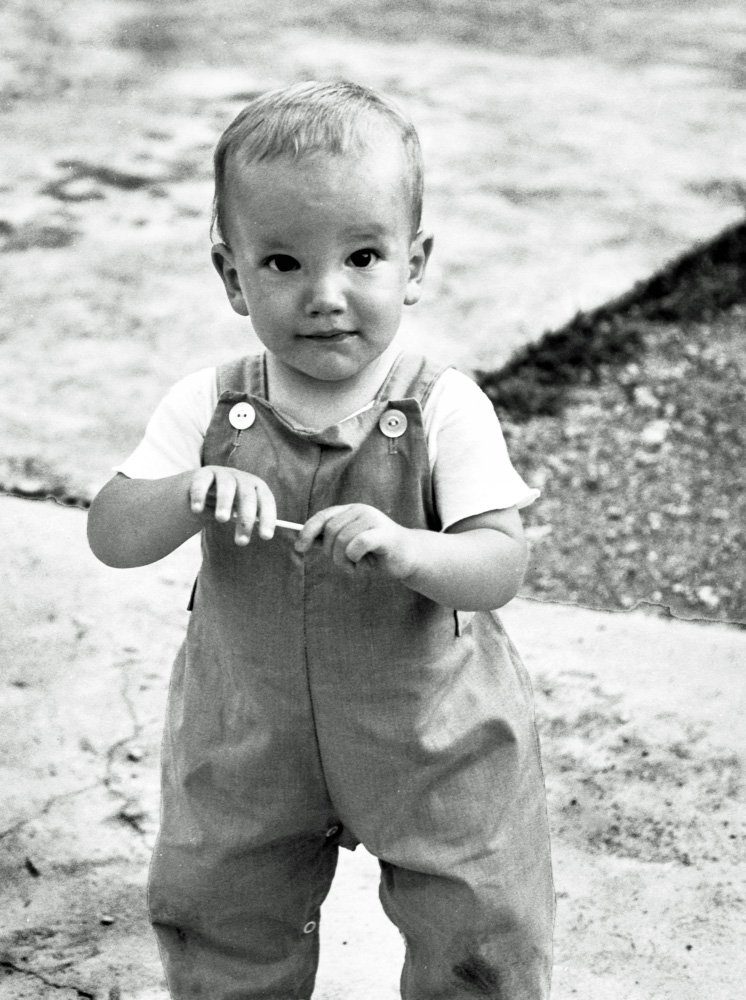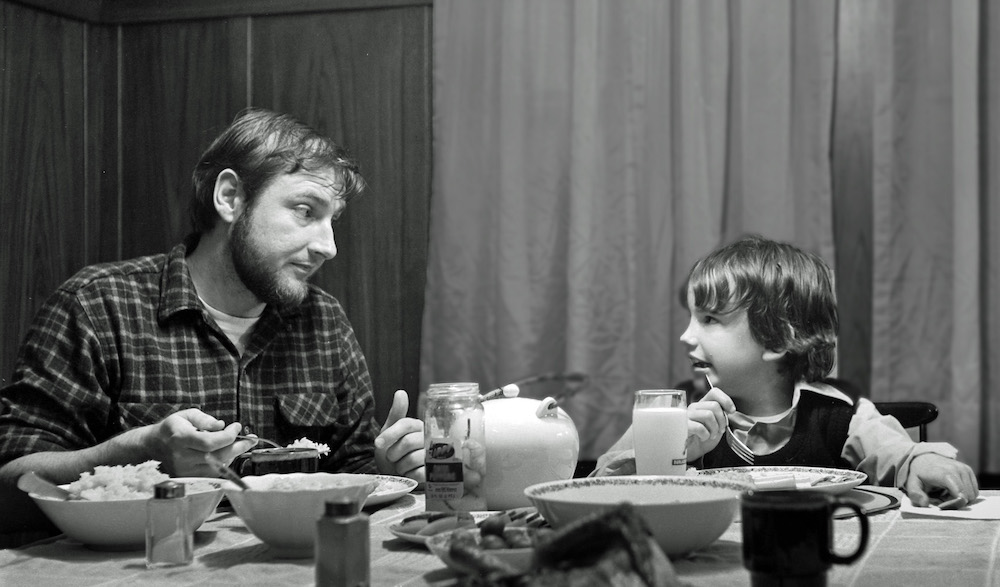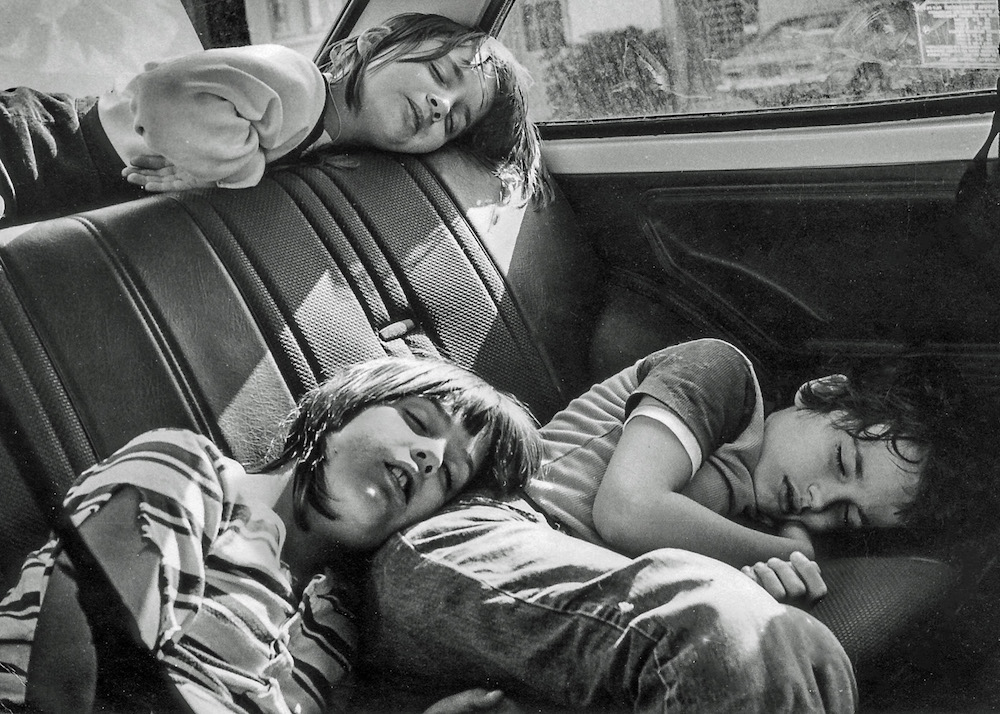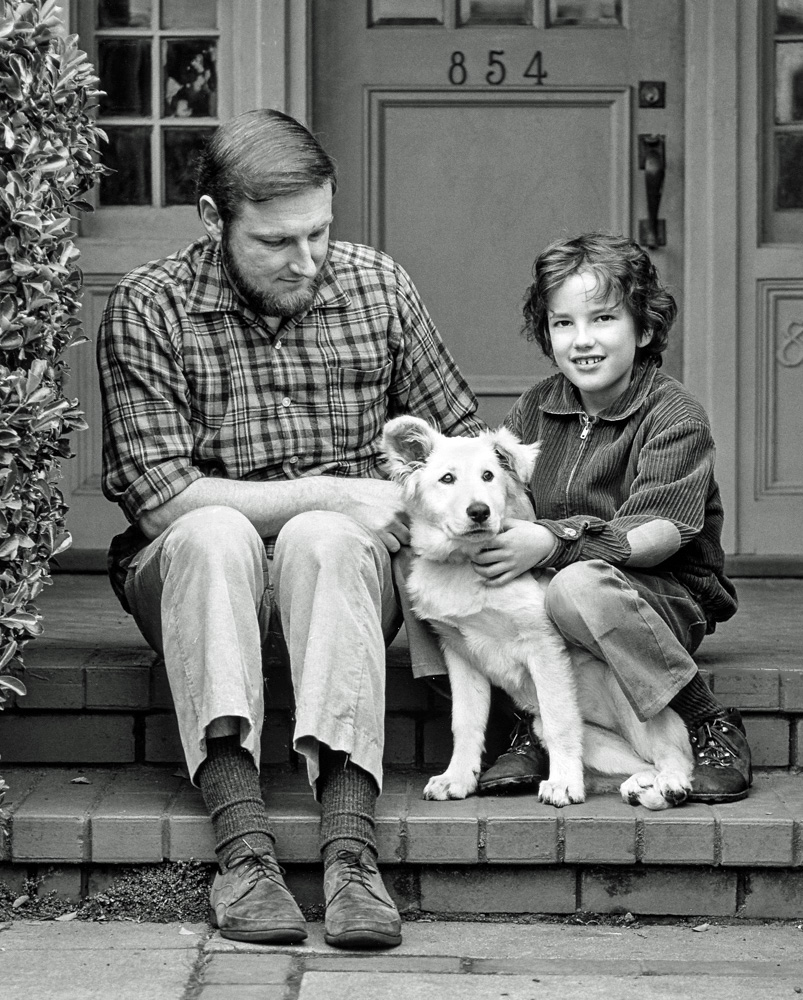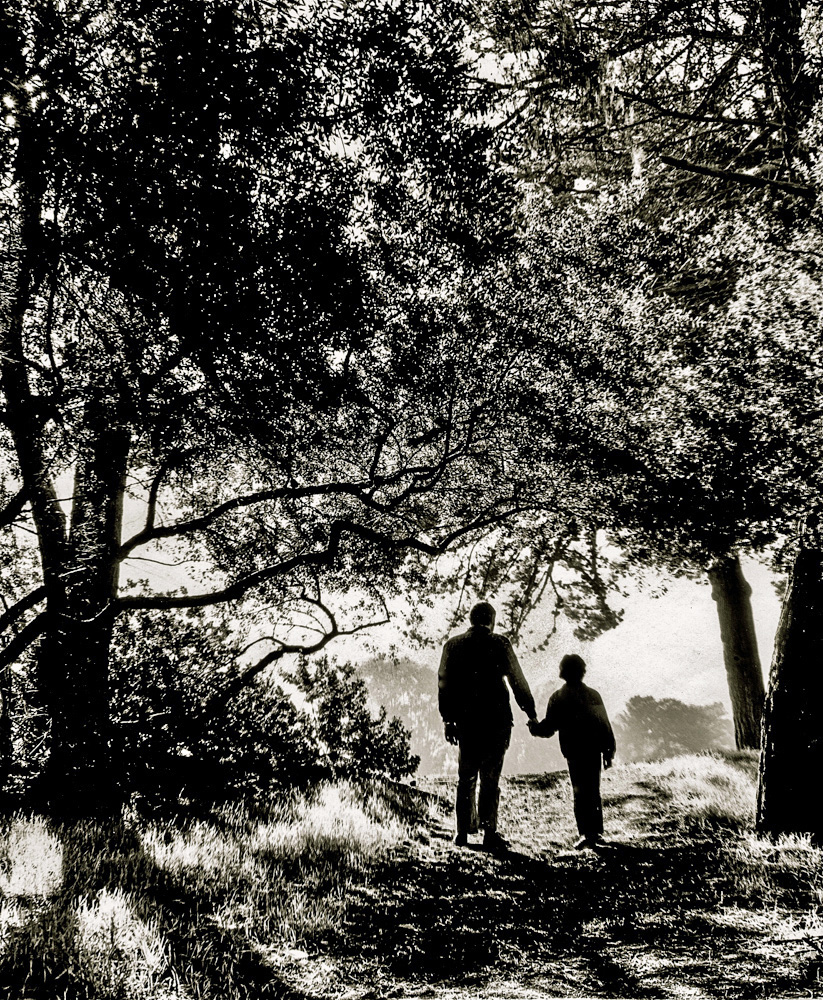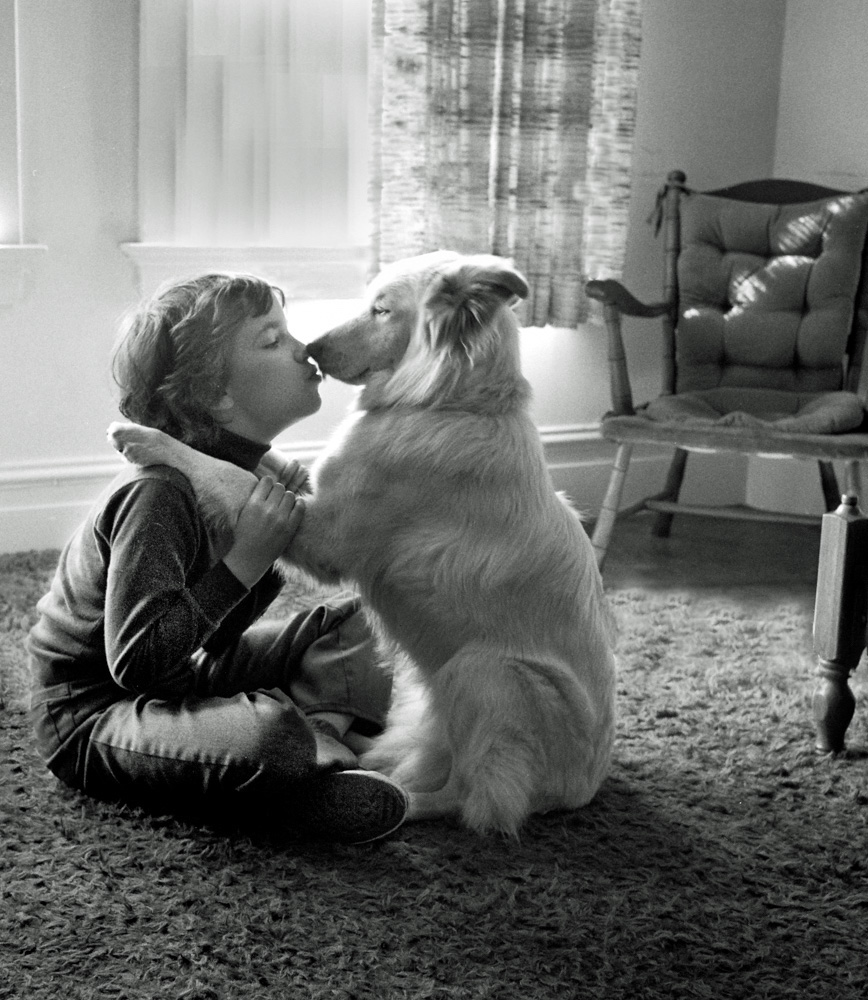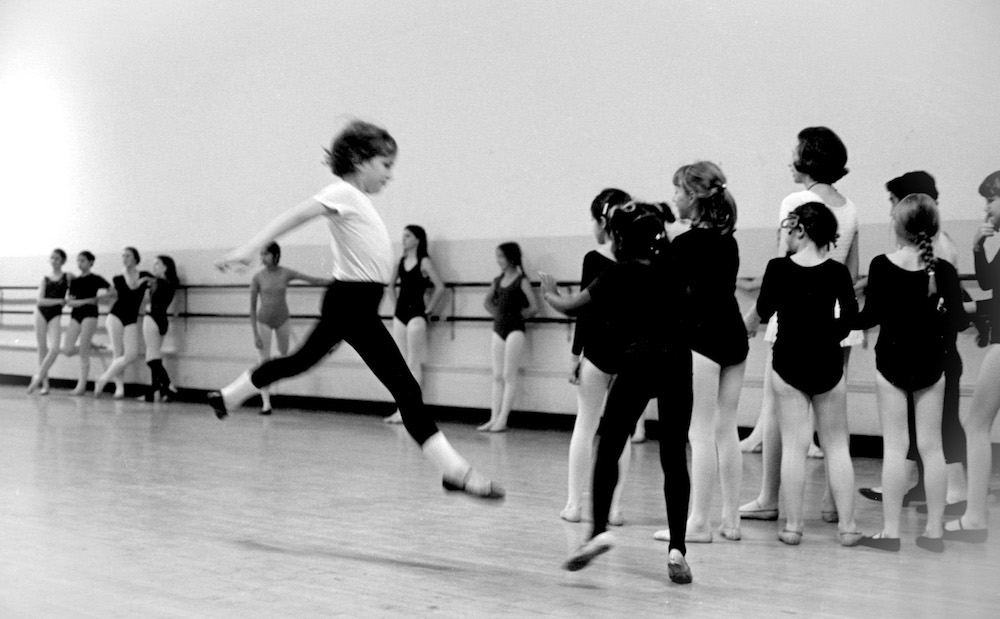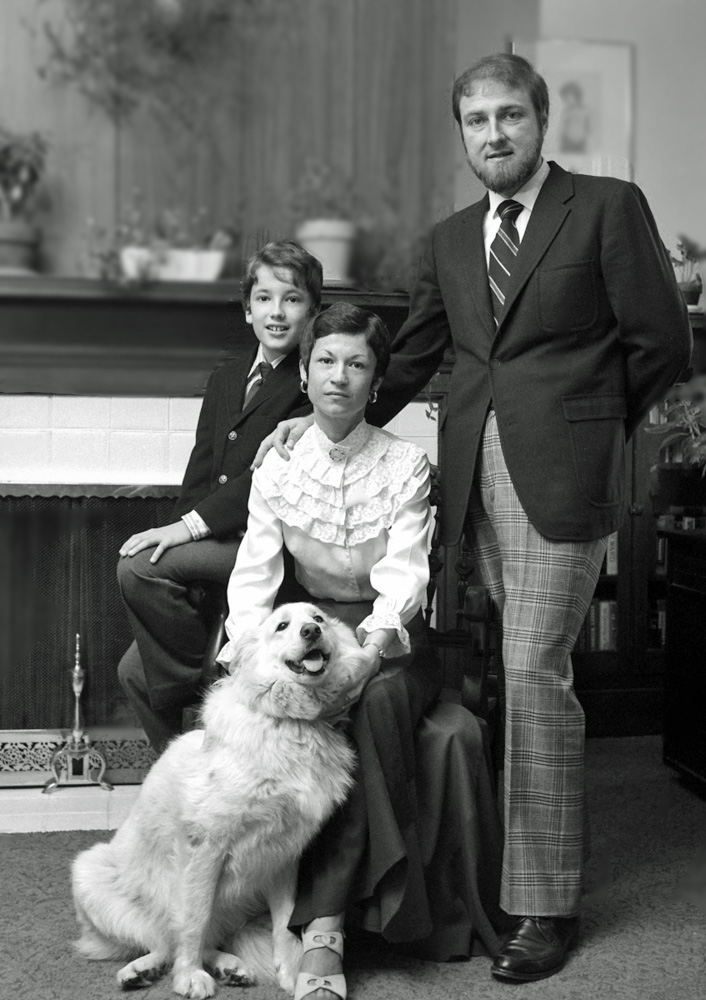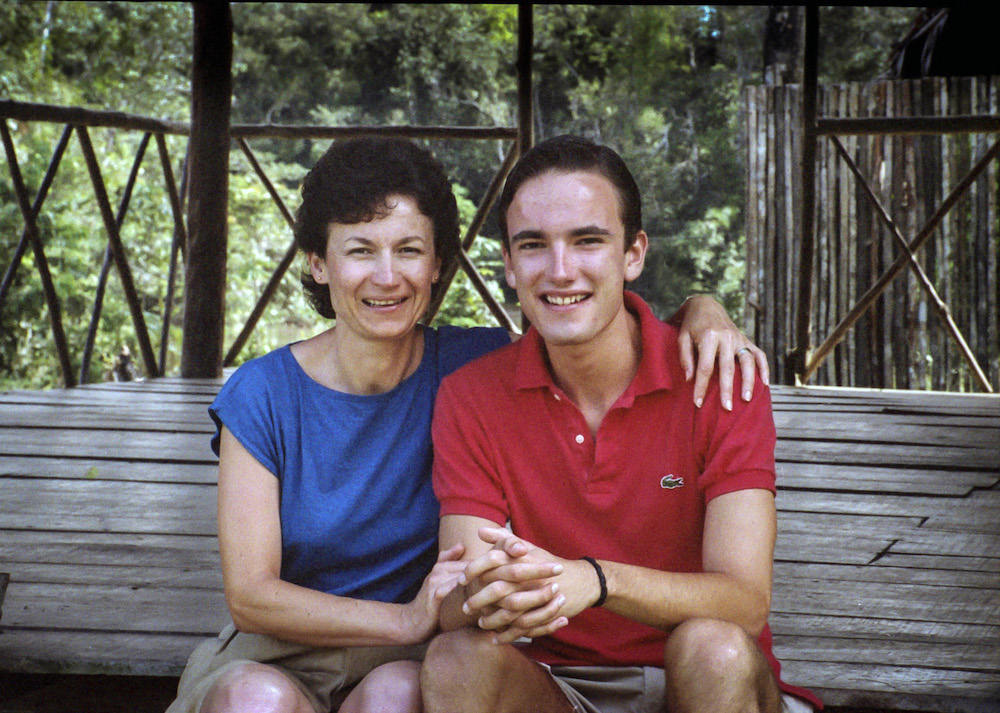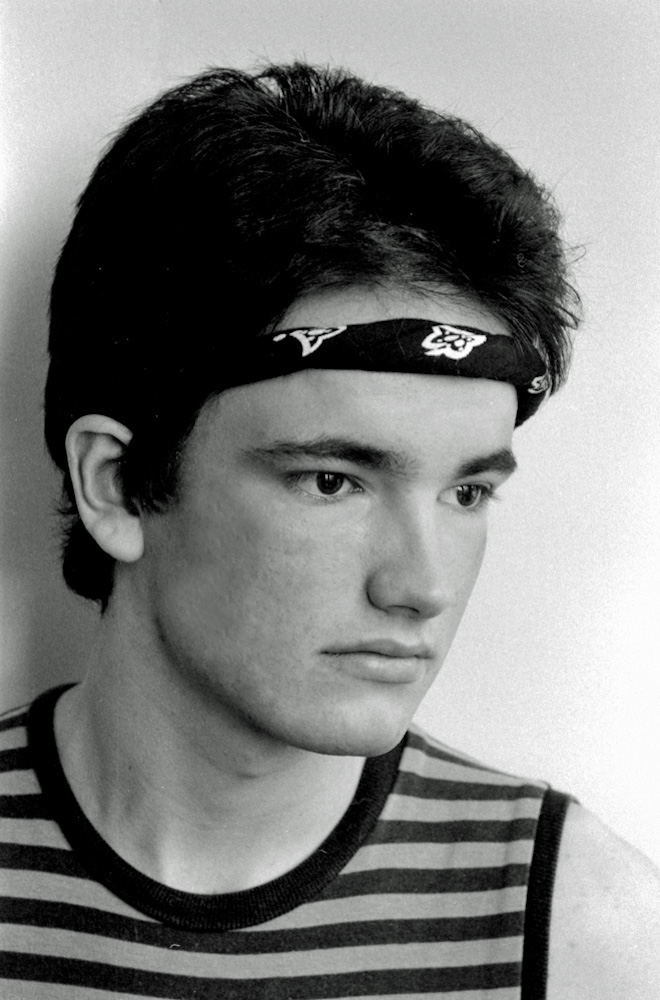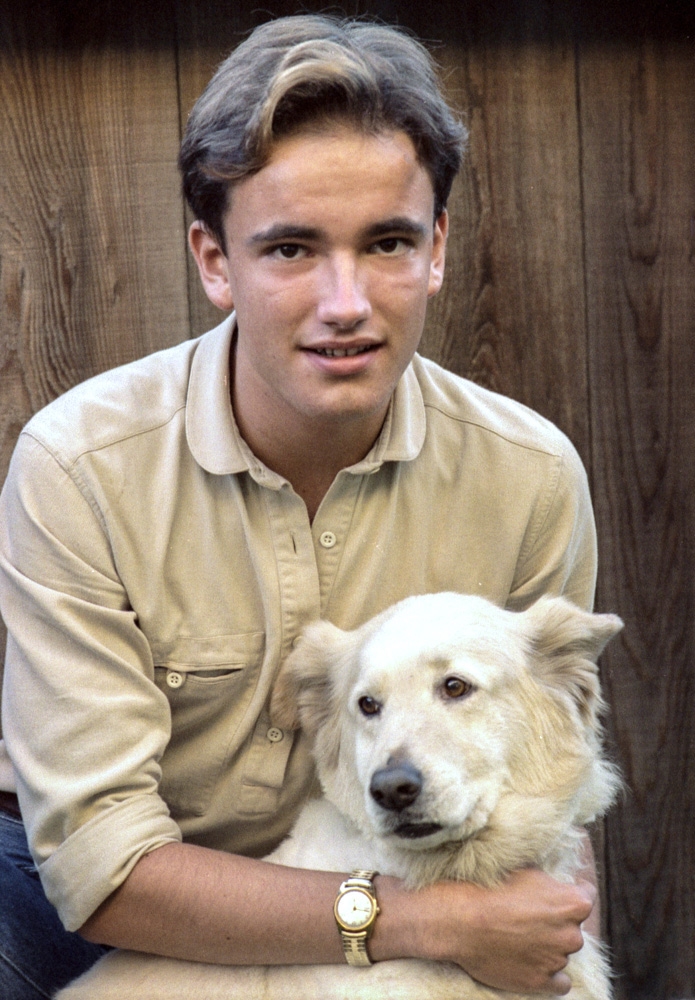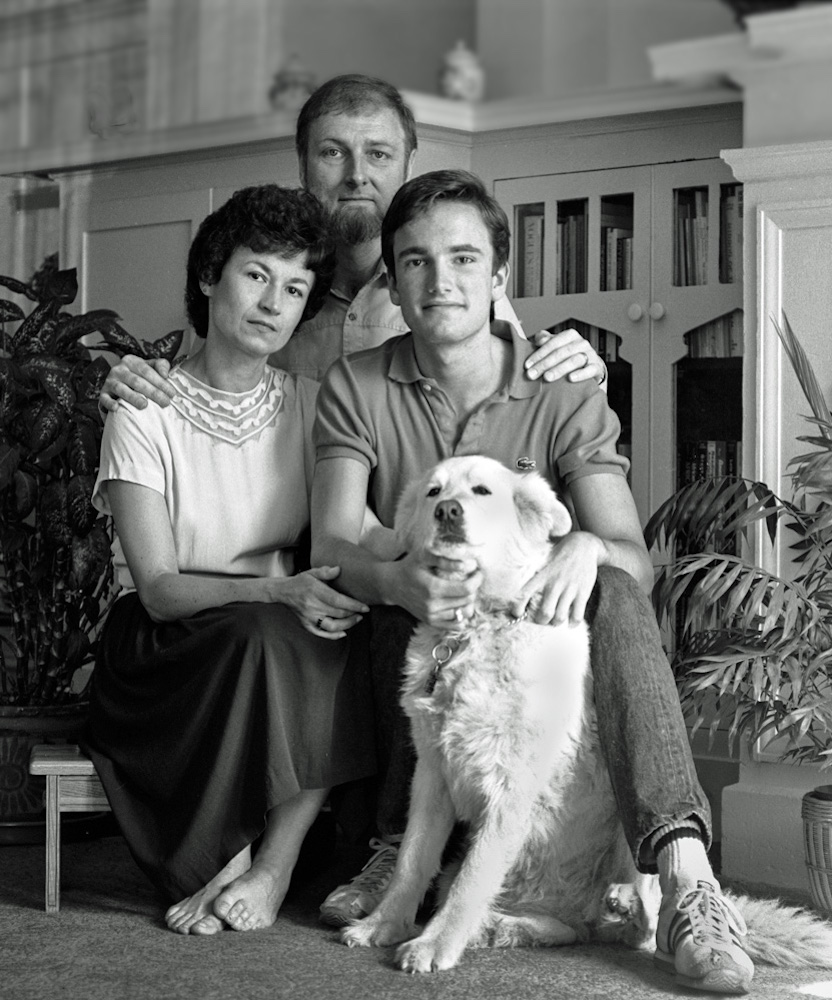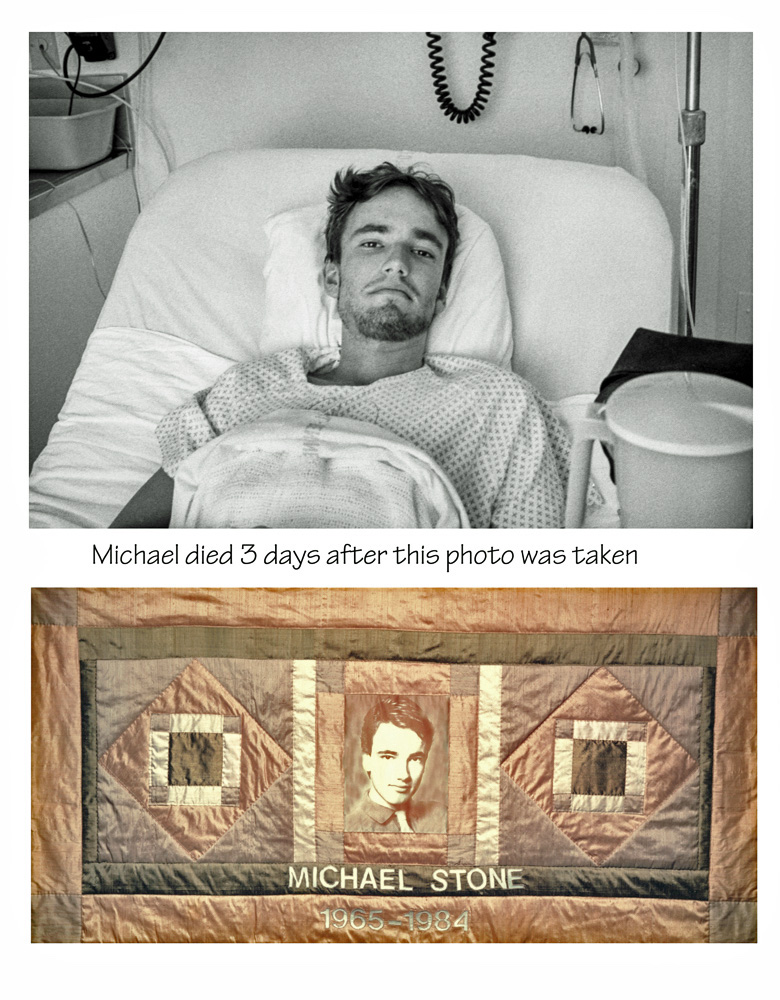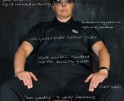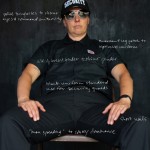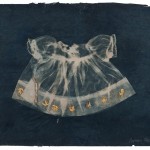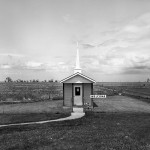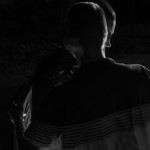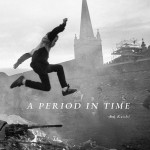Judi Iranyi: Remembering Michael
I recently taught a workshop in San Miguel de Allende during Dia de los Muertos. It was a profound experience to see hundreds of Mexicans celebrating their lost loved ones in a joyous and colorful way. I’ve thought a lot about how we remember those who have passed on and discovering Judi Iranyi’s project about her son Michael, who died too young from AIDS, made me consider the power of memory and photography and the importance of continuing to acknowledge a meaningful life. Michael lives on for us, through Judi’s documentation of his growing up, and I am happy to shine light on his life today.
Her legacy of documenting has recently had some interesting results. Earlier this year Judi had a solo show in the City Hall of Kiskoros, Hungary. In the early seventies while visiting her grandmother, she photographed a small Roma community. Later, she was contacted by Ferenc Kunhegysi, a Hungarian Roma painter, who is the nephew of one of the people that she photographed. He and his sister organized an exhibition in Kiskoros. After the exhibition, the images were kept by City hall as they had no photographs from that period of time.
She was also contacted to be included in another exhibition where her Roma images will be exhibited together with current photographs of the Roma people in the Kiskoros area and the exhibition which will open in Florence, then in Rome and finally in Budapest, Hungary.
Judi Iranyi was born in Hungary at the close of World War II. Later she emigrated to Venezuela, she also lived in Trinidad, Barbados, West Germany and Okinawa before moving to San Francisco in 1971. Ms. Iranyi became interested in photography in the sixties. She studied photography and art at City College of San Francisco, San Francisco State University, U.C. Berkeley, and Museum Studies at John F. Kennedy University. However, she worked as a Licensed Clinical Social Worker until her retirement. Since her retirement in 2013, Ms Iranyi has dedicated her time to photography. Her book “Bay Area families” was one of the 10 jury selection choices at Camerawork, San Francisco. She has been published and has been in numerous group shows both in the United States and Europe. She has self-published 2 Monographs “Arg-e-Bam” about the ancient citadel in Iran and “Remembering Michael” a tribute to her son who died of AIDS in 1984. Three of her life passions are traveling, literature, and photography. Traveling and literature have broadened her view of the world.
Remembering Michael
Michael P. Stone, our only child, died of AIDS in November 1984, the Sunday after Thanksgiving. Michael was 19 and a senior at the University of California, Santa Cruz. He had a short but full life.
As a elementary school child he was part of Ballet Celeste, a children’s dance company. He was also a member of the San Francisco Boys Chorus and traveled with them to the Christmas Tree lighting ceremony at the White House when President Ford was in office.
He also did extensive traveling both in South America and Europe. He spent his Junior college year abroad in Lima, Peru. He spoke fluent Spanish and was also a photographer. He had a very bright future ahead.
After his death, I made a quilt as a visual reminder of Michael’s life as part of the NAMES Project AIDS Memorial Quilt. This photographic series is also a visual reminder of Michael’s life.
My husband and I received a call on a Saturday morning from a physician at a Santa Cruz hospital, who said that Michael had been admitted to the hospital with a serious illness. The physician indicated that if we wanted to see our son alive, we had better rush down to Santa Cruz.
He was indeed diagnosed with pneumocystis, a common AIDS-related illness. We remember the medical staffs’ contagion hysteria: gowned and masked up. One of the nurses insisted that we get someone to give him last rites. We declined. Basically, the medical staff had written Michael off. And indeed, back in 1984, AIDS was a death sentence. If he had been diagnosed today, Michael would probably be still alive.
I have come to terms with our mortality, now realizing how fragile life is. Don’t wait, do and say it now. I saw Michael mature and saw his courage. Most importantly, my husband and I were there to provide love and support. I am grateful that we had a chance to talk before he died. We could have spent our whole lives having never said the things that were said to each other in those last few weeks before he died.
After Michael’s death, I went back to school and got my Master of Social Work (MSW) degree at San Francisco State University. While at school, I started an AIDS volunteer program at Kaiser Permanente Hospital here in San Francisco. Michael had our emotional support during his illness, but I realized how often many AIDS patients had little or no emotional support. And back then, the air was filled with hysteria and misinformation about the disease. The AIDS volunteer program provided emotional support and information to patients and their loved ones. After receiving my MSW degree, I became the social worker in Kaiser’s dedicated AIDS unit. I worked with AIDS patients until 2001 when I retired from Kaiser.
From my own experience, I know that parents of a child suffering from a life-threatening illness face special problems. The death of a child is a devastating experience. It severely taxes a parent’s adaptive capacities. In our society, a child’s death is unexpected because children are supposed to outlive their parents. A child’s death can tear a marriage apart. In our case, it brought us closer together.
A child’s death is not something you get over, but you learn to live with the pain. I feel lucky to have many images from his life, they add physicality to the memories.
Posts on Lenscratch may not be reproduced without the permission of the Lenscratch staff and the photographer.
Recommended
-
Review Santa Fe: Ilana Grollman: Just Know That I Love YouFebruary 10th, 2026
-
Review Santa Fe: jessamyn lovell: How To Become InvisibleFebruary 9th, 2026
-
Review Santa Fe: Julia Cluett: Dead ReckoningFebruary 8th, 2026
-
Review Santa Fe: Elizabeth Z. Pineda: Sin Nombre en Esta Tierra SagradaFebruary 6th, 2026

